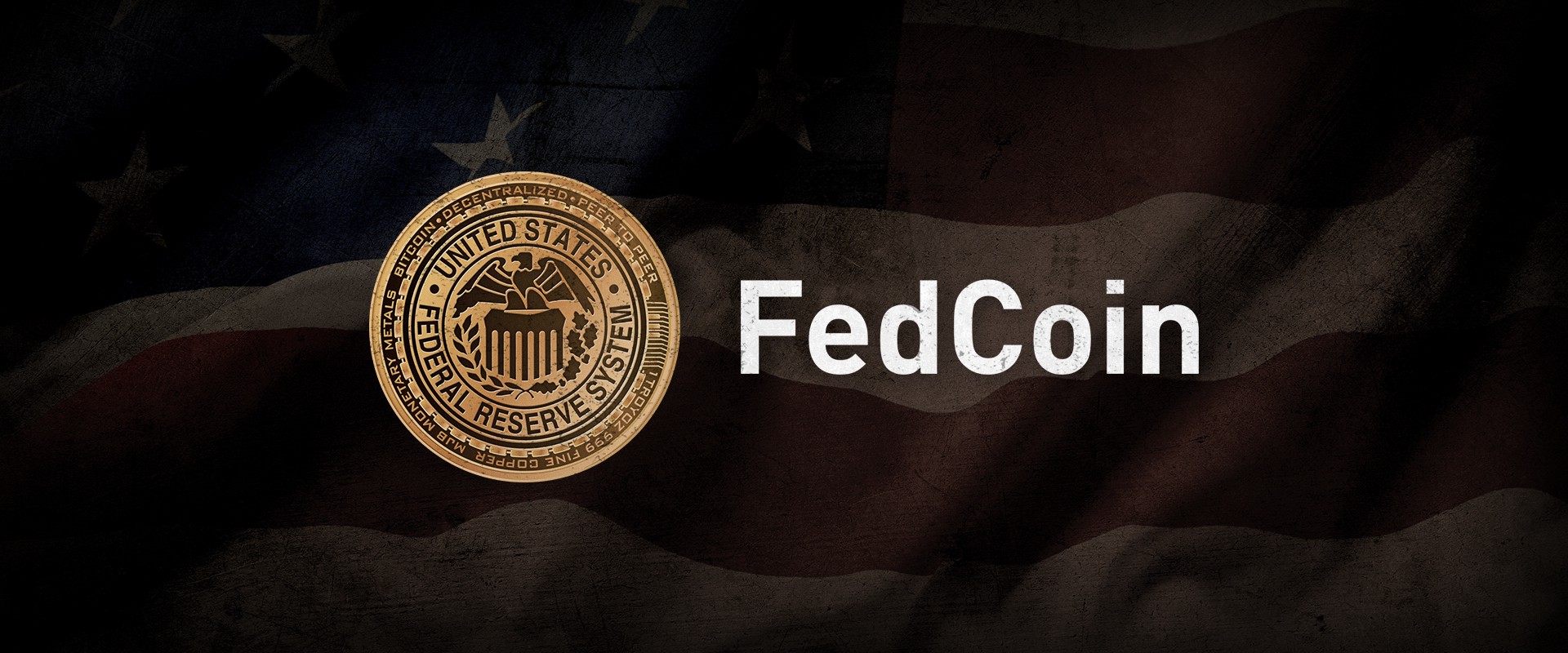PALO ALTO, Calif. (Reuters) - The Federal Reserve is taking a look at a broad series of concerns around digital payments and currencies, consisting of policy, style and legal factors to consider around potentially issuing its own digital currency, Guv Lael Brainard said on Wednesday. Brainard's remarks recommend more openness to the possibility of a Fed-issued digital coin than in the past." By changing payments, digitalization has the possible to provide greater worth and convenience at lower cost," Brainard stated at a conference on payments at the Stanford Graduate School of Company.
Reserve banks globally are discussing how to handle digital finance innovation and the distributed journal systems used by bitcoin, which assures near-instantaneous payment at possibly low cost. The Fed is establishing its own round-the-clock real-time payments and settlement service and is presently reviewing 200 remark letters sent late in 2015 about the proposed service's design and scope, Brainard stated.
Less than two years ago Brainard informed a conference in San Francisco that there is "no engaging demonstrated requirement" for such a coin. But that was before the scope of Facebook's digital currency aspirations were widely understood. Fed authorities, including Brainard, have raised issues about consumer protections and data and personal privacy threats that might be postured by a currency that could come into use by the 3rd of the world's population that have Facebook accounts.
" We are collaborating with other main banks as we advance our understanding of reserve bank digital currencies," she said. With more countries looking into issuing their own digital currencies, Brainard stated, that contributes to "a set of factors to likewise be making certain that we are that frontier of both research study and policy development." In the United States, Brainard stated, issues that need study include whether a digital currency would make the payments system more secure or easier, and whether it might position monetary stability risks, including the possibility of bank runs if money can be turned "with a single swipe" into the central bank's digital currency.
To counter the financial damage from America's unmatched nationwide lockdown, the Federal Reserve has actually taken unmatched steps, including flooding the economy with dollars and investing directly in the fed coin economy. Many of these moves received grudging acceptance even from many Fed doubters, as they saw this stimulus as needed and something only the Fed could do.
My brand-new CEI report, "Government-Run Payment Systems Are Risky at Any Speed: The Case Against Fedcoin and FedNow," information the risks of the Fed's existing prepare for its FedNow real-time payment system, and proposals for central bank-issued cryptocurrency that have been called Fedcoin or the "digital dollar." In my report, I talk about issues about personal privacy, fedcoin july 2020 information security, currency control, and crowding out private-sector Go to fedcoin news this site competition and innovation.
Proponents of FedNow and Fedcoin state the federal government must produce a system for payments to deposit quickly, rather than encourage such systems in the economic sector by lifting regulative barriers. However as kept in mind in the paper, the private sector is providing a relatively limitless supply of payment technologies and digital currencies to fix the problemto the level it is a Look at more info problemof the time gap between when a payment is sent and when it is received in a savings account.

And the examples of private-sector development in this area are numerous. The Cleaning Home, a bank-held cooperative that has been routing interbank payments in various forms for more than 150 years, has been clearing real-time payments given that 2017. By the end of 2018 it was covering half of the deposit base in the U.S.